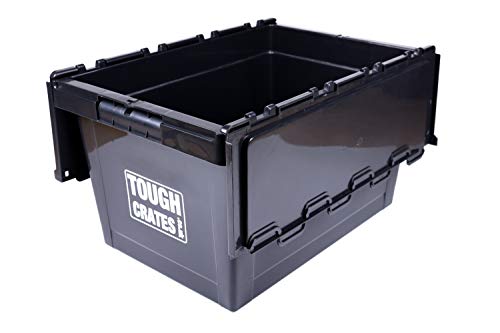

Exposing your cleaning gear to rain is not advisable. Most models are designed to resist moisture, yet consistent exposure to heavy rain might lead to damage or malfunction. Water can infiltrate delicate components, leading to electrical issues or corrosion over time.
It’s crucial to protect your device when not in use. Storing it in a dry area is a simple yet effective measure. If immediate outdoor use is necessary, cover the unit or use it under shelter to prevent direct contact with rain. Always follow manufacturer guidelines regarding environmental exposure to ensure longevity.
Maintaining your equipment is essential. Regular checks for signs of wear or moisture accumulation will help you identify and rectify issues before they escalate. Attention to these details often results in a longer lifespan and reliable performance.
Can a Pressure Cleaning Device Endure Rain?
Rain exposure is not advisable for cleaning units. While many models are designed with some protection against moisture, prolonged exposure can lead to damage. I recommend always storing your equipment in a dry place when not in use.
Electric devices are particularly vulnerable. Even minor water ingress can cause electrical failures or short-circuits. If you anticipate wet weather, cover your equipment to prevent accidental exposure.
If the skies open up while you are using the machine, it’s best to cease operations immediately. Water combined with soap and cleaning agents can create hazardous conditions, making surfaces slippery and difficult to manage.
For optimal performance and longevity, consider investing in a weatherproof cover. This simple addition can significantly shield your gear against the elements.
Understanding the Waterproof Rating of Pressure Washers
The waterproof rating of equipment plays a crucial role in determining its performance during wet conditions. Look for models with an IP (Ingress Protection) rating, which indicates the level of protection against water and dust. A rating of IPX4 or higher offers adequate resistance to water splashes from any direction, ensuring safe operation even in light rain.
IP Ratings Explained
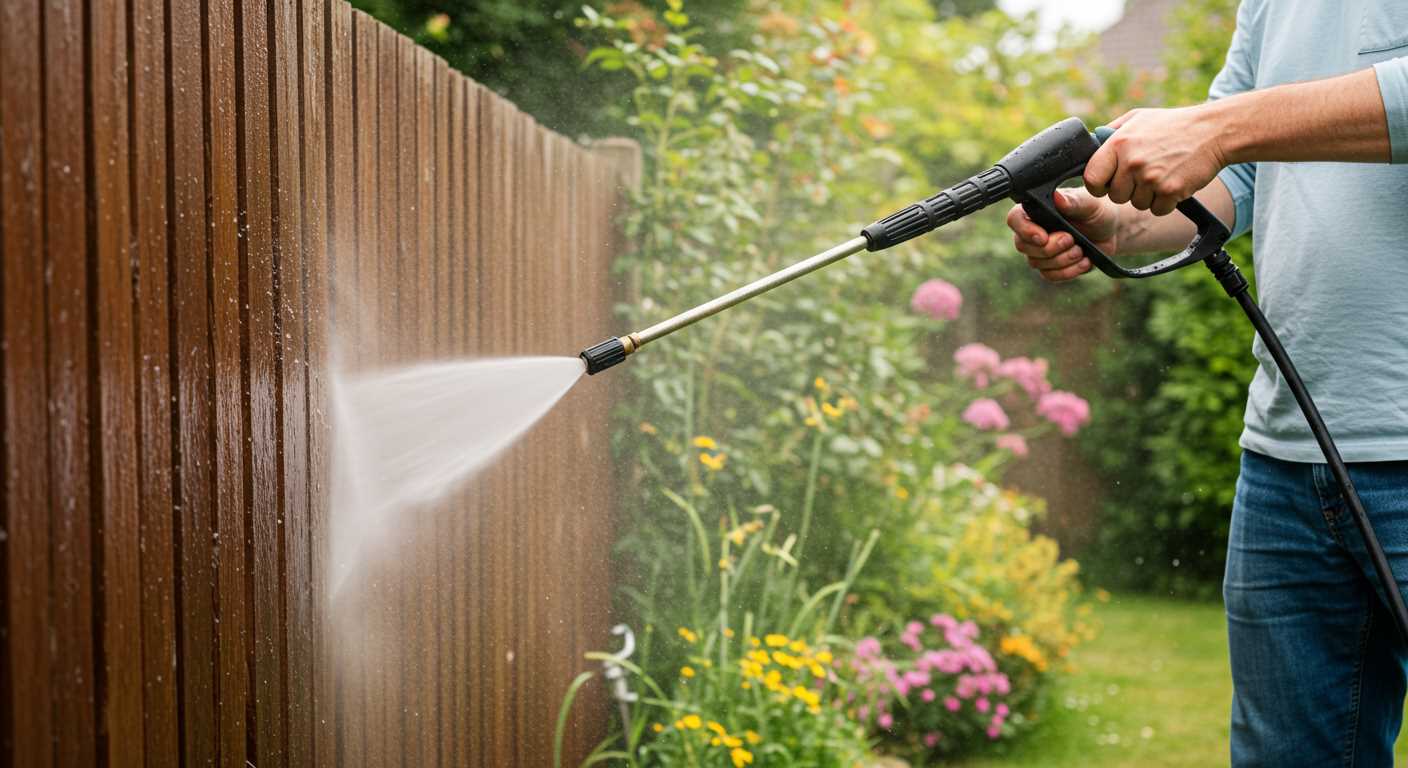
| IP Rating | Description |
|---|---|
| IPX1 | Protection against vertical water drops |
| IPX4 | Protection against splashes from any direction |
| IPX5 | Protection against water jets from any direction |
| IPX6 | Protection against powerful water jets |
Tips for Outdoor Use
To prolong the lifespan of your unit, avoid exposing it to heavy downpours or placing it in direct rain. Consider utilising protective covers or canopies while not in use. Regular maintenance checks, particularly on electrical components, can help identify potential water damage before it escalates.
Always refer to the manufacturer’s guidelines for specific information regarding your model’s waterproof capabilities. This ensures optimal performance and avoids potential damage due to excessive moisture.
Impacts of Rain on Pressure Washer Electrical Components
Exposing electrical components of cleaning machines to moisture significantly raises the risk of malfunctions. It is crucial to ensure that these devices are stored in a dry environment, especially during rainfall. If they are inadvertently drenched, immediate action is necessary to minimise potential damage.
Moisture can lead to corrosion of connections and circuit boards, impacting the overall functionality. I recommend performing an inspection after any exposure to wet conditions. Look for signs of oxidation or rust on terminals and connectors.
To safeguard against water intrusion, always check the seal integrity of the machine before use. If your model features protective casings or covers, ensure they are properly secured.
In case of moisture contact, disconnect the power supply and dry off visible water. Allow the components to air dry completely prior to attempting to power on the equipment again. For deeper water intrusion, consulting a qualified technician is advisable to avoid risking permanent damage.
Purchasing equipment with a higher ingress protection (IP) rating can provide additional safety against environmental factors. Select models designed for outdoor use, as they often include enhanced weather resistance.
Maintaining regular upkeep and ensuring proper storage conditions can prolong the lifespan of the machinery. Awareness of the impacts of moisture will promote better operational reliability and performance.
Best Practices for Storing a Pressure Washer During Rain
First and foremost, ensure the unit is stored in a covered area to shield it from precipitation. A dedicated shed or garage is ideal, but if that’s not available, consider using a waterproof tarp as a temporary solution. Make sure the cover is secure to prevent moisture from entering.
Before covering the device, disconnect all hoses, nozzles, and cords. This helps reduce wear and keeps connections dry, minimising the risk of corrosion. Additionally, empty any residual water from the system, as standing water can lead to internal damage.
Utilising Weatherproof Storage Solutions
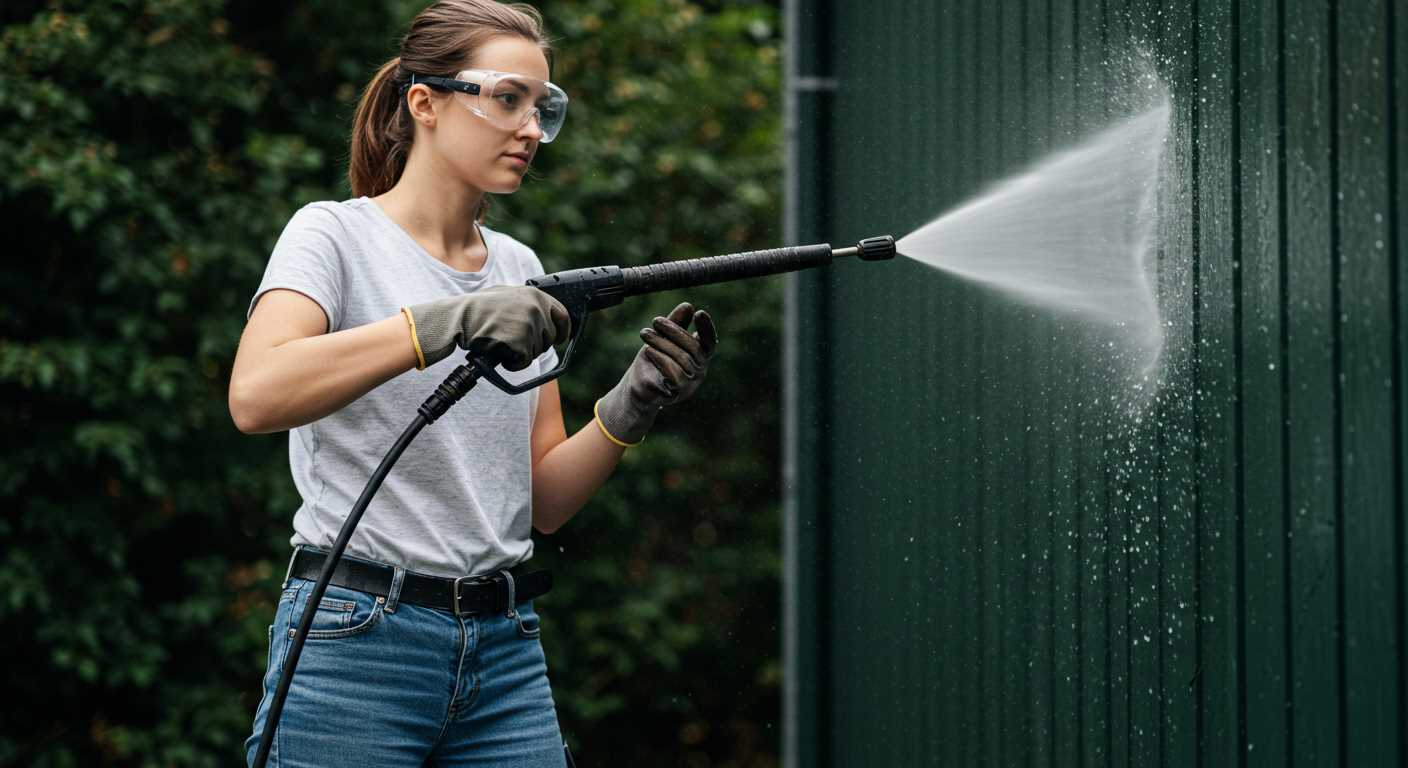
Invest in a weatherproof storage container specifically designed for such equipment. These containers provide extra insulation from the elements and can prevent unexpected water ingress. Make certain the storage space is well-ventilated to allow for any moisture that may accumulate to evaporate quickly.
Regular Maintenance to Combat Weather Effects
Conduct regular maintenance checks, especially if exposure to moisture is frequent. Inspect electrical components for signs of wear or rust and clean any grime that may attract moisture. Lubricating moving parts will also help ensure optimal performance and longevity despite fluctuating weather conditions.
How Rain Affects the Performance of Pressure Cleaners
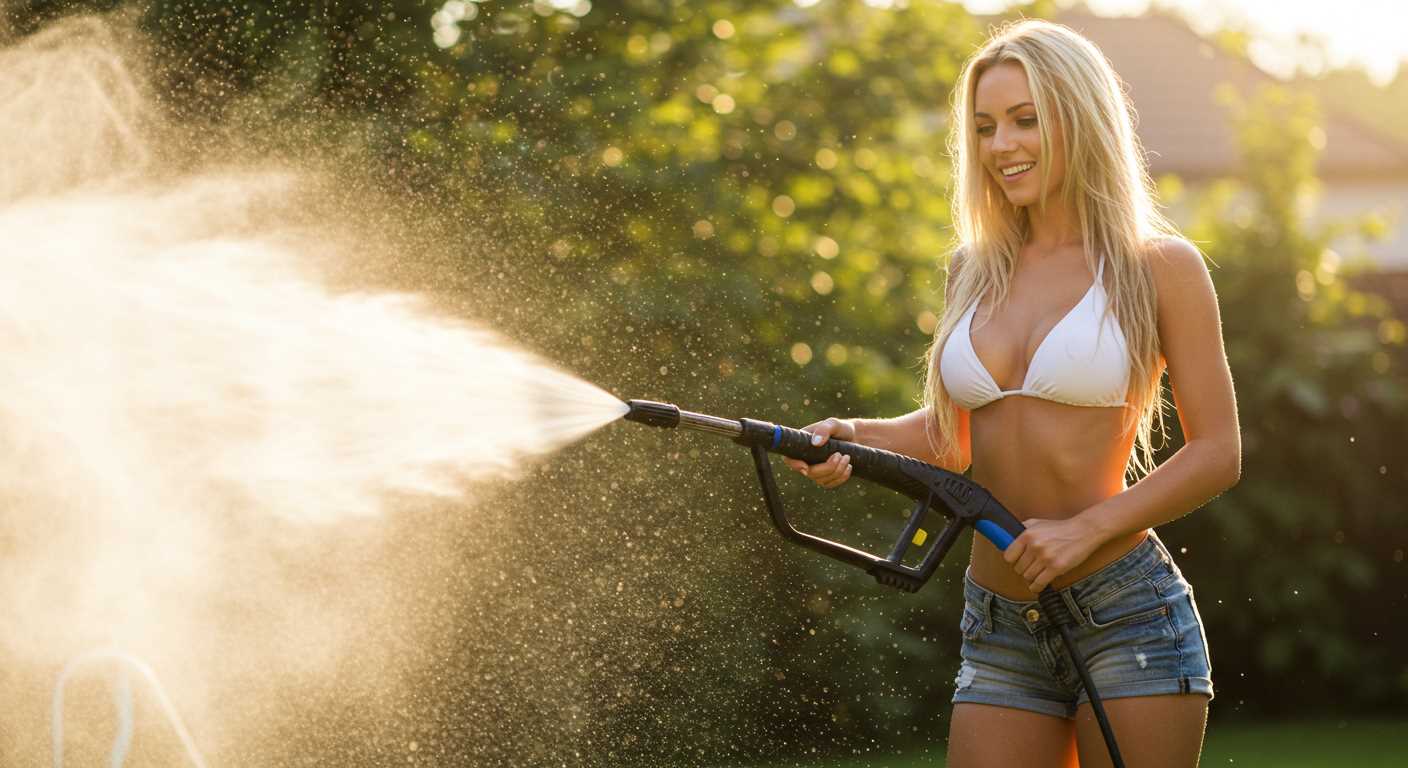
Rain can significantly influence the functioning of high-pressure cleaning devices. Maintaining optimal performance during wet conditions is crucial. Here’s how precipitation impacts these machines and what steps to consider.
- Reduced Visibility: Operating a cleaning unit in the rain may reduce visibility. Water on surfaces can obscure the view of dirt and grime, making it difficult to assess cleaning effectiveness.
- Moisture Accumulation: Excessive moisture can lead to water pooling in internal compartments, potentially causing corrosion on metallic components over time.
- Electrical Safety Concerns: Wet conditions increase the risk of short circuits in electric-powered models. Always ensure electrical connections are secured and covered.
- Water and Cleaning Solution Interaction: Rain can dilute cleaning solutions, affecting their potency. Adjust solution concentrations appropriately when operating in the rain.
- Directional Spray: Wind and rain can disperse the cleaning spray irregularly. To achieve desired results, adjust spray angles and maintain a close distance to surfaces when necessary.
To maintain a cleaning device’s performance during rain, I recommend scheduling usage optimally, ensuring equipment is sheltered post-use, and regularly inspecting for any signs of water damage. Consistent maintenance will prolong lifespan and enhance operating efficiency.
Safe Operation of Pressure Washers in Wet Conditions
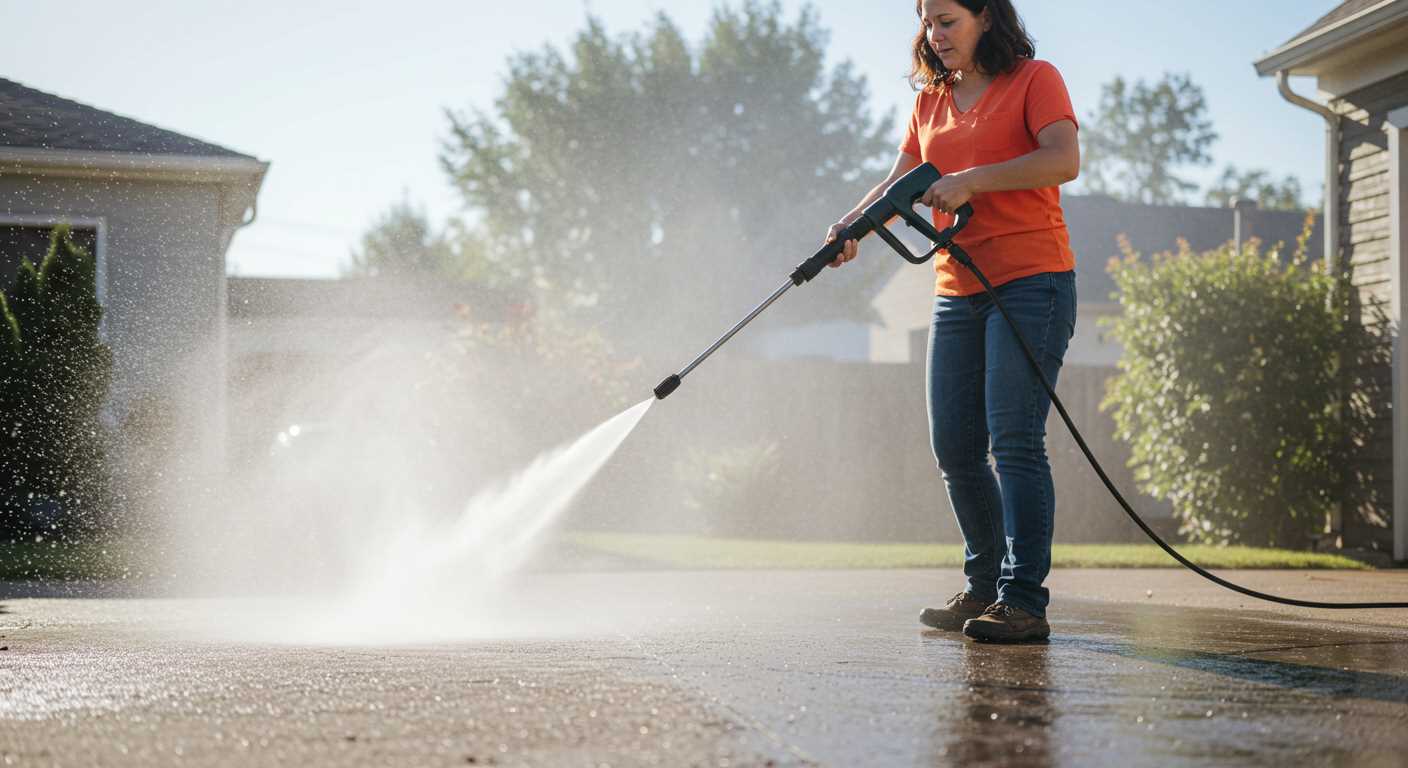
Always disconnect the power source before using your cleaning device in wet conditions. This reduces the risk of electrical shock. Ensure that the outlet and any extension cords are rated for outdoor use and are also in good condition, free from damage.
Check for Water Resistance
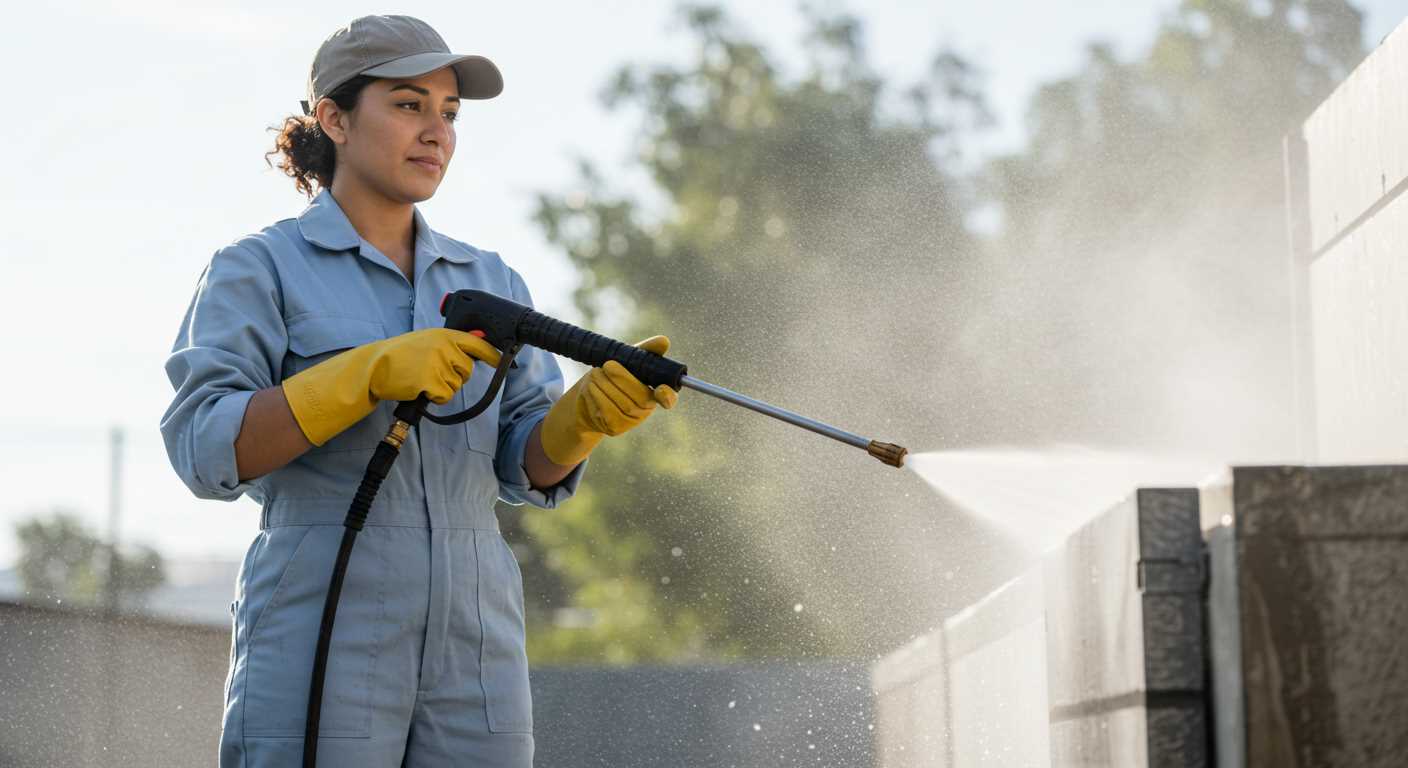
Before using the equipment, verify the manufacturer’s water resistance specifications. Many units feature an IP rating that indicates their protection level against moisture. A higher rating signifies better protection against rain and splashes.
Limit Exposure to Direct Rain
Avoid operating the unit during heavy downpours or in locations where water could pool around its base. If possible, set up a temporary shelter to keep the apparatus as dry as possible. This will help maintain performance and prevent potential electrical hazards.
After usage, inspect all components for moisture or water ingress. If any dampness is detected, allow the equipment to dry completely before storing to avoid corrosion or electrical failures.
Follow these recommendations rigorously to ensure safety and longevity of your cleaning equipment, even in less-than-ideal weather conditions.
Signs of Water Damage in a Pressure Cleaner
Look for specific indicators to identify water-related harm in your cleaning equipment. If you notice any of the following symptoms, take immediate action to prevent further issues.
- Corrosion: Check metal parts for rust. Discoloration or flaking indicates prolonged moisture exposure.
- Electrical Issues: If the unit fails to start or operates erratically, inspect for water ingress around switches and wiring.
- Leaking: Observe any pooling or dripping from hoses or connections. This often means seals are compromised due to moisture exposure.
- Mould Growth: Presence of mould or mildew on surfaces suggests prolonged moisture and insufficient drying.
- Reduced Performance: If the output pressure has dropped considerably, check for internal water problems that can hamper functionality.
Regular inspections can help catch damage early. Clean and dry components after each use will minimise risks associated with moisture. If you suspect damage, consult a specialist for a thorough examination and repair advice.
Preventive Measures to Protect Your Pressure Washer from Rain
Cover the unit with a weather-resistant tarp or dedicated protective cover when not in use. This simple step shields components from moisture accumulation, preventing potential electrical malfunctions.
Placement Considerations
Store the device in a sheltered area, such as a garage or shed, to minimize direct exposure. Elevating the unit off the ground using a stand can help reduce water contact from flooding or pooling.
Regular Maintenance Practices
Conduct routine inspections of seals and gaskets for signs of wear or damage. Replacing these parts as needed will ensure the integrity of the housing and safeguard internal circuitry from moisture intrusion.
Additionally, avoid using the equipment in heavy rain conditions, as this elevates the risk of water entering sensitive areas. If rain begins unexpectedly, cease operations immediately and store the device in a dry environment.
FAQ:
Can a pressure washer be left outside if it rains?
It is not advisable to leave a pressure washer exposed to rain. Most pressure washers are not designed to withstand heavy moisture exposure over extended periods. Rainwater can damage electrical components and internal mechanisms, potentially leading to malfunction or safety hazards. If you must leave it outside, consider covering it with a waterproof tarp or storing it in a sheltered area.
What should I do if my pressure washer gets wet while in use during a light rain?
If your pressure washer gets wet while being used in light rain, it’s generally safe as long as the machine is designed for outdoor use. However, you should stop using it if the rain becomes heavy or if lightning is present. After use, make sure to dry off any exposed parts, and store your pressure washer in a dry place once it has cooled down. Always check the manufacturer’s guidelines for specific recommendations regarding weather exposure.
Will rain affect the performance of my pressure washer?
Rain can impact the performance of a pressure washer, especially if it leads to pooling water around the unit or excessive moisture in electrical components. If the machine is wet, make sure it is completely dry before starting it again. Performance may also be affected if you are using soap or detergents while it is raining, as rain can wash these away before they have had a chance to work effectively. A good practice is to avoid using the pressure washer in rainy weather if possible, to ensure optimal results.



